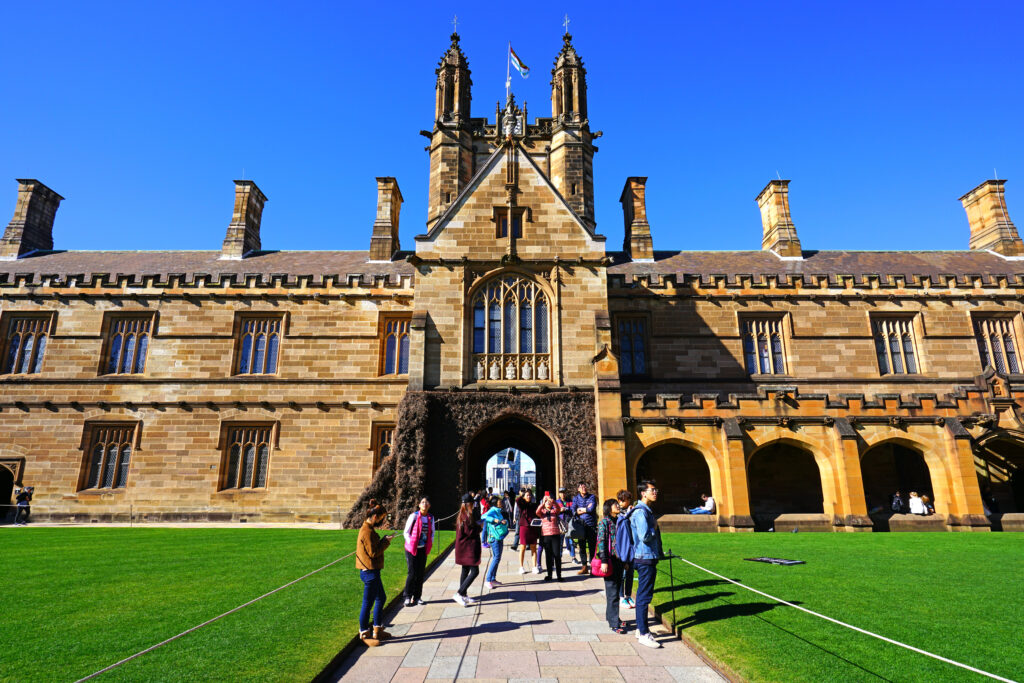To better align immigration with current labour market demands, the Australian Government has proposed significant updates to the Temporary Graduate visa program, which are planned to take effect on 1 July 2024. These updates intend to target younger graduates in specific fields by reducing the maximum eligible age from 50 to 35 years for most streams.
According to the Migration Strategy document, the aim of this is to “[reposition] the visa as a product for early career professionals who can contribute to the Australian economy over a longer period.”
It’s important to understand that these changes are “contingent on legislative approval”. This means they must first be thoroughly reviewed and passed by Australia’s parliament. This part of the process ensures that there is an opportunity for careful consideration and discussion, providing a platform for various organisations, including educational institutions and advocacy groups, to share their input and concerns.
Below, we explain the proposed changes and offer guidance on what steps to take if these updates could affect your post-study plans.
Changes to the Graduate Work stream
The Graduate Work stream is being renamed to the Post-Vocational Education Work stream. Notably:
- Age limit: The maximum age for applicants is reduced to 35 years. However, Hong Kong and British National Overseas (BNO) passport holders can still apply up to the age of 50.
- Eligibility: This stream is now specifically for those who have an associate degree, diploma, or trade qualification that is closely related to an occupation listed on the Medium and Long-term Strategic Skills List (MLTSSL).
- Duration: Eligible applicants can stay for up to 18 months, with Hong Kong or BNO passport holders potentially staying for up to five years.
Changes to the Post-Study Work stream
The Post-Study Work stream will change its name to the Post-Higher Education Work stream:
- Age limit: Similarly, the age limit for applicants will be reduced to 35, with an exception for Hong Kong and BNO passport holders up to 50 years old.
- Stay period adjustments: The duration of stay has been adjusted as follows:
-
- Bachelor degree (including honours) – up to 2 years
- Masters (coursework and extended) – up to 2 years
- Masters (research) and doctoral degree (PhD) – up to 3 years.
Hong Kong and British National Overseas passport holders may be able to stay for up to 5 years.
Stay periods for Indian nationals, as agreed in the Australian Indian – Economic Cooperation and Trade Agreement (AI-ECTA), remain as:
- Bachelor degree (including honours) – up to 2 years
- Bachelor degree (with first class honours in STEM, including ICT) – up to 3 years
- Masters (coursework, extended and research) – up to 3 years
- Doctoral degrees (PhD) – up to 4 years.
-
Changes to the Second Post-Study Work stream
The Second Post-Study Work stream will now be known as the Second Post-Higher Education Work stream. There are no further changes to this stream, maintaining its current criteria and benefits.
Discontinuation of the Replacement stream
The Replacement stream will be discontinued. If this stream was part of your plans, you might need to consider other visa options.
Planning your next steps
We understand that these changes might be overwhelming and could significantly impact your future plans. It’s important to carefully review how these adjustments align with your current or upcoming qualifications and age. For some of you, this may mean reevaluating your post-graduation options in Australia.
For detailed information on these changes and to explore other potential visa options that might better suit your circumstances, please visit the Department of Home Affairs Visa Finder.
Remember, it’s completely normal to feel uncertain about these changes. Seeking support from university advisors or registered migration agents can also help guide you through this transition more smoothly. Planning ahead and staying informed are the best strategies to manage the changes ahead.





